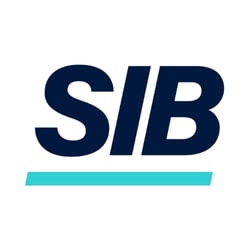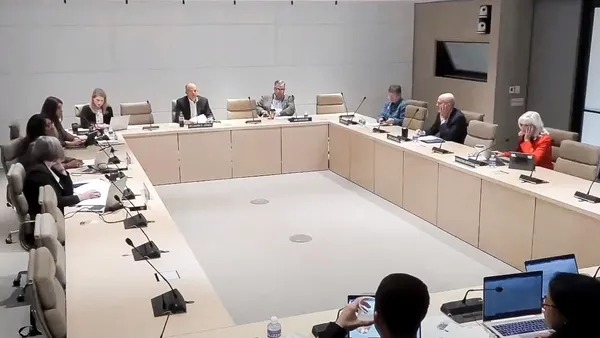Dive Brief:
- The Financial Accounting Standards Board decided in a 6-1 vote Wednesday to advance to its technical agenda a project that will address accounting for stablecoins, teeing up the high-profile crypto issue for new rules.
- The move comes about two months after FASB Chair Richard Jones put stablecoins on the standard-setting body’s research agenda based on feedback it received during its 2025 agenda consultation initiative. That included recommendations from President Donald Trump’s Working Group on Digital Asset Markets, according to a board meeting handout.
- “The sense I’ve gotten is there’s uncertainty in the application of GAAP today and people are very concerned…that they’re going to be second-guessed, and I think that’s where we as a standard setter have a role to help bring clarity,” Jones said in casting his vote to proceed with establishing new standard setting on stablecoins.
Dive Insight:
Stablecoins — digital currencies that are typically pegged to the value of a traditional currency like the dollar, making their value more stable than more volatile digital currencies like Bitcoin — have crept further into CFOs’ sight lines this year.
Trump signed the Genius Act into law in July, thereby laying out definitions for stablecoin issuance and opening the door to greater stablecoin adoption, CFO Dive previously reported. In addition, a July report from the president’s Working Group on Digital Assets called for FASB to consider whether to treat stablecoins as cash equivalents.
On Wednesday the board voted to pursue standard-setting in the relatively narrow area related to stablecoins that will clarify whether they and other similar assets qualify as cash equivalents.
Many of the board members cast their vote in favor of a project focusing on providing examples that illustrate whether certain types of stablecoins or digital assets would or would not qualify as cash equivalents under the current definition.
At the same time, some expressed concern that the issue didn’t meet the criteria for a project in that it was not necessarily a “pervasive” issue outside the crypto industry yet. “In terms of pervasiveness I think there’s anticipatory pervasiveness,” Board Member Frederick Cannon said during the meeting, cautioning that it carries risks to the system because the currency is private, unregulated money. But Cannon said he was willing to defer to the president’s working group and to move forward on the project.
FASB spokesperson Christine Klimek said it is too soon to tell when the board will next address stablecoins.















